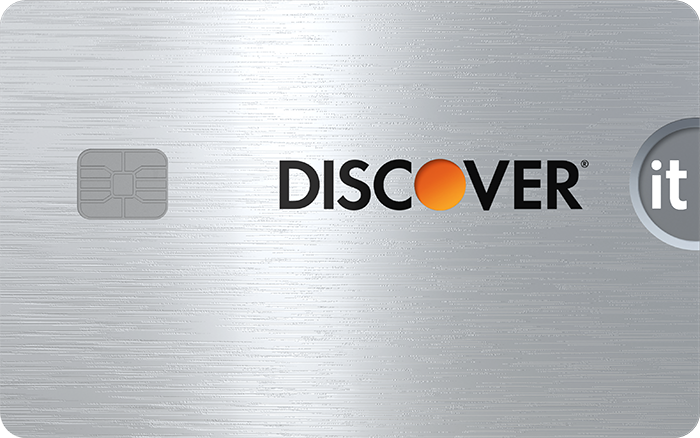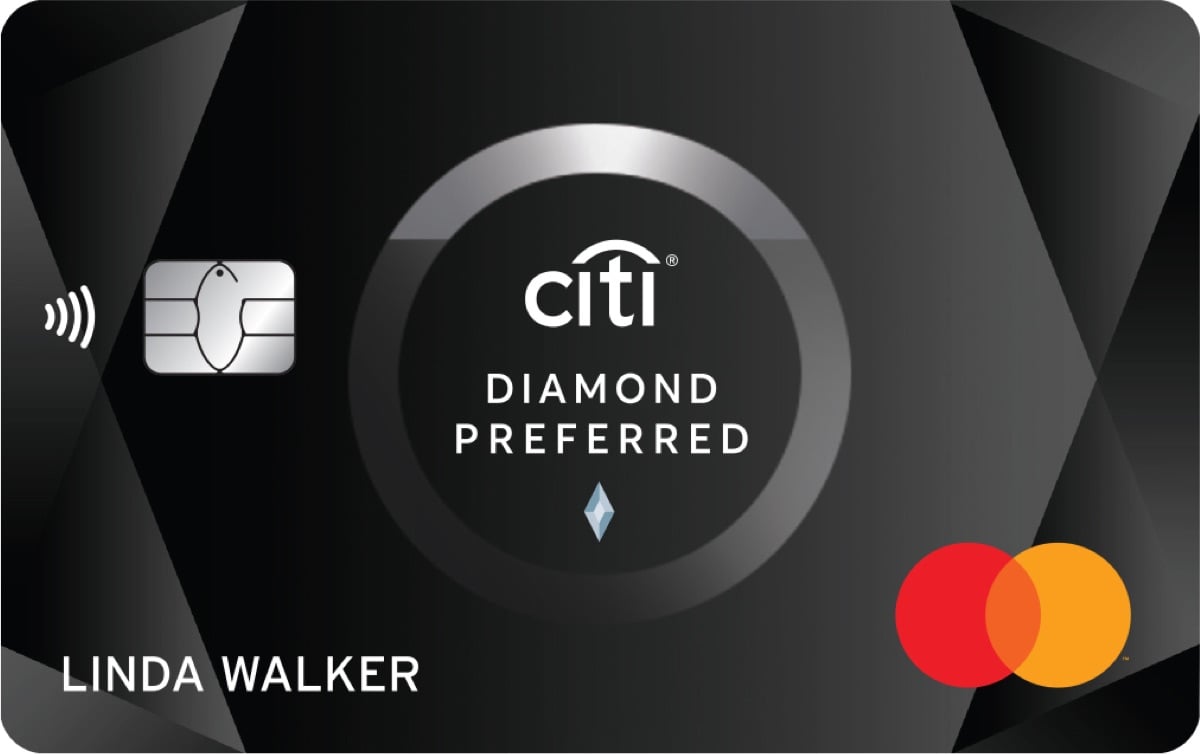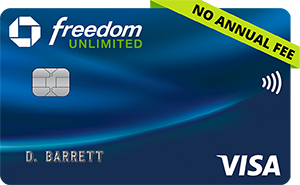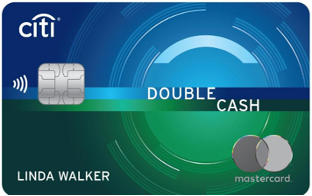Discover It Chrome Review: Terrific for Transfers, OK for Rewards
The Bottom Line
4.5
This is the rare balance transfer card with value beyond its introductory APR period. Be aware, however, that the intro period for purchases is a lot shorter than for transfers.


Rates, fees and offers
Rates, fees and offers
Annual fee
$0
Rewards rate
1%-2%
Bonus offer
INTRO OFFER: Unlimited Cashback Match for all new cardmembers. Discover will automatically match all the cash back you’ve earned at the end of your first year! There’s no minimum spending or maximum rewards.
Intro APR
0% intro APR on Purchases for 6 months and 0% intro APR on Balance Transfers for 18 months
Ongoing APR
APR: 17.49%-26.49% Variable APR
Cash Advance APR: 28.49%, Variable
Balance transfer fee
3% intro balance transfer fee, up to 5% fee on future balance transfers (see terms)*
Foreign transaction fee
0%
More details from Discover
More details from Discover
- INTRO OFFER: Unlimited Cashback Match for all new cardmembers. Discover will automatically match all the cash back you’ve earned at the end of your first year! There’s no minimum spending or maximum rewards.
- Earn 2% cash back at Gas Stations and Restaurants on up to $1,000 in combined purchases each quarter, automatically. You'll still earn unlimited 1% cash back on all other purchases.
- Get a 0% intro APR for 18 months on balance transfers. Then 17.49% to 26.49% Standard Variable APR applies, based on credit worthiness.
- Redeem cash back for any amount
- No annual fee.
- Terms and conditions apply.
Pros and Cons
Pros
No annual fee
Intro APR period
Bonus categories
Cash rewards
Cons
Low rewards rate
Spending caps on bonus rewards
Lower acceptance abroad
Detailed Review
If you're chipping away at high-interest credit card debt, moving it to the Discover it® Chrome can get you a nice, long time to pay it off without interest. And because the Discover it® Chrome offers cash back rewards, it's also the rare balance transfer card that has significant ongoing value after its introductory APR period ends.
There are a few things to be aware of, though:
Unlike many other cards with a 0% intro APR offer, the Discover it® Chrome isn't a great choice for financing a large new expense, since its intro period on purchases is much shorter.
While the card does limit certain common fees, there is one fee you’re going to want to pay attention to: a balance transfer fee that could be as high as 5%.
The rewards are fairly weak compared with what's offered by competing cash back cards, including within Discover's own lineup. We give it a solid rating as a balance transfer card; as a cash back card, though, it leaves much to be desired.
Discover it® Chrome: Basics
Card type: Balance transfer and cash back.
Annual fee: $0.
APR: 0% intro APR on Purchases for 6 months and 0% intro APR on Balance Transfers for 18 months, and then the ongoing APR of 17.49%-26.49% Variable APR.
Balance transfer fee: 3% intro balance transfer fee, up to 5% fee on future balance transfers (see terms).
Welcome bonus: Discover offers a unique welcome bonus for new cardmembers in their first year, which the issuer phrases this way: "INTRO OFFER: Unlimited Cashback Match for all new cardmembers. Discover will automatically match all the cash back you’ve earned at the end of your first year! There’s no minimum spending or maximum rewards."
Rewards:
2% cash back at gas stations and restaurants on up to $1,000 in combined purchases each quarter.
1% cash back on all other purchases.
Redemption options: You can redeem cash back in any amount, except in the case of gift certificates and eCertificates, which start at $5. Redemption options include:
Direct deposits into any account.
Credit on your statement.
Donations to select charities.
Purchases made via PayPal.
Gift cards and eCertificates.
Pay with Rewards with Apple Pay.
Foreign transaction fees: None.
Other benefits:
Free access to FICO score.
Access to Discover's free Social Security number monitoring service.
Compare to Other Cards

Benefits and Perks
Generous 0% intro APR period for transfers
The Discover it® Chrome offers one of the longest 0% introductory APR periods for balance transfers on any rewards credit card: 0% intro APR on Purchases for 6 months and 0% intro APR on Balance Transfers for 18 months, and then the ongoing APR of 17.49%-26.49% Variable APR. There's an introductory balance transfer fee of 3%, which is on the low end; later transfers, however, can incur a fee of up to 5% (see terms).
Bonus categories that would benefit most people
With the Discover it® Chrome, you get 2% cash back on restaurant dining and gas purchases, on up to $1,000 in combined spending each quarter, and 1% after that. All other purchases earn 1% cash back. And unlike with Discover's 5% cards, you don't have to "activate" these bonus rewards. They're always "on."
Double your cash back in the first year
The Discover it® Chrome offers the same new-cardholder bonus as Discover's other cards: INTRO OFFER: Unlimited Cashback Match for all new cardmembers. Discover will automatically match all the cash back you’ve earned at the end of your first year! There’s no minimum spending or maximum rewards.
Keep in mind, though, that if you’re using the balance transfer option on the Discover it® Chrome card, you may want to avoid making new purchases with it entirely, and instead use the card solely for paying off debt — and that would mean missing out on the potentially rich welcome bonus offer, which you're eligible for only in your first year.
Drawbacks and Considerations
Intro APR period is only so-so for purchases
Although the intro APR period for balance transfers on the Discover it® Chrome is nice and long, it's considerably shorter for purchases, making this a subpar option for those who need to finance a big purchase. In fact, because of the mismatch between those periods, you could wind up without a grace period, which would mean paying interest on purchases even if you never carry any purchase debt from month to month.
Here's why: When you pay your credit card statement balance in full each month, you benefit from a grace period — new purchases don't start accruing interest until after the next due date. And if you're always paying in full, new purchases are always paid off by then, so no interest ever gets charged. But when you're carrying a transferred balance, even at 0%, you're not paying in full each month, so there's no grace period. This isn't an issue on cards that have matching 0% periods for purchases and transfers, since any "interest" that accrues on purchases just does so at 0%. But when the 0% period for transfers is longer than that for purchases, it can become a problem.
That's another reason why it may be best to hold off on putting purchases on this card until you've paid off any transferred debt. Or consider a card with matching 0% periods. The Wells Fargo Reflect® Card, for example, offers a 0% intro APR for 21 months from account opening on purchases and qualifying balance transfers, and then the ongoing APR of 17.49%, 23.99%, or 28.24% Variable APR.
Top rewards rate is weak
Getting 2% cash back on gas and restaurants is better than 1% — and certainly better than nothing! But if you're looking for rewards on gas and dining, you'll probably be better off looking elsewhere. The U.S. Bank Altitude® Go Visa Signature® Card also offers 2X back on gas, but it comes with a whopping 4X back on dining. All with no spending caps and an annual fee of $0.
If you're willing to look beyond the gas and dining rewards structure, several cards will give you 2% back on every purchase, without any spending cap. The Wells Fargo Active Cash® Card gives you an unlimited 2% back on all purchases, while the Citi Double Cash® Card pays 1% on every dollar you spend and 1% on every dollar you pay off. Both of these cards don't charge an annual fee.
Meanwhile, an array of cards pay 1.5% cash back on every purchase, which, depending on your spending, might well generate more in total rewards than the Discover it® Chrome. Consider the Chase Freedom Unlimited®, which gives you 1.5% cash back (plus between 3% and 5% back on select categories) has a $0 annual fee and also offers a welcome bonus and a 0% intro APR period.
Bonus rewards are capped
If you drive a lot and eat out most nights, you could crash into the $1,000 quarterly ceiling on 2% rewards rather quickly. Most flat-rate cards, including those described above, don't place any limits on rewards.
For options not limited to Discover, see NerdWallet's up-to-date list of the best credit card deals.
How To Decide If It's Right For You
The Discover it® Chrome is a solid choice for balance transfers. And it isn't a terrible choice if you're in need of a low-maintenance, no-fee card to pull out at gas stations and restaurants. But if you're looking for a card to use everywhere, every day, you'd probably be better served with a flat-rate cash-back card or even one of Discover's 5% cards.
No bonus categories or reward caps
This card pays a flat 2% cash back on every purchase, every day — 1% when you make a purchase and 1% when you pay it off. There's no limit to the 2% rewards. It has a good balance transfer offer as well.
Looking For Something Else?
Methodology
NerdWallet reviews credit cards with an eye toward both the quantitative and qualitative features of a card. Quantitative features are those that boil down to dollars and cents, such as fees, interest rates, rewards (including earning rates and redemption values) and the cash value of benefits and perks. Qualitative factors are those that affect how easy or difficult it is for a typical cardholder to get good value from the card. They include such things as the ease of application, simplicity of the rewards structure, the likelihood of using certain features, and whether a card is well-suited to everyday use or is best reserved for specific purchases. Our star ratings serve as a general gauge of how each card compares with others in its class, but star ratings are intended to be just one consideration when a consumer is choosing a credit card. Learn how NerdWallet rates credit cards.
Frequently asked questions
What are the rewards on the Discover it® Chrome?
What are the rewards on the Discover it® Chrome?
The Discover it® Chrome earns 2% cash back at restaurants and gas stations, on up to $1,000 in spending per quarter. All other purchases earn 1% cash back.
What's the difference between the Discover it® Chrome and the Discover it® Cash Back?
What's the difference between the Discover it® Chrome and the Discover it® Cash Back?
The Discover it® Chrome and the Discover it® Cash Back are cash back cards with no annual fee and a bonus that matches the cash back you earn in your first year. But the Discover it® Cash Back has rotating bonus categories that you have to activate each quarter, while the Discover it® Chrome earns bonus cash back in two fixed categories that are always "on." Additionally, the Discover it® Chrome has a longer intro APR period for balance transfers and a shorter one for purchases compared to the Discover it® Cash Back.
Will Discover it® Chrome match my cash back?
Will Discover it® Chrome match my cash back?
For the first year your account is open, Discover will match the cash back you earn, dollar for dollar. But you’ll have to wait until the end of your first year to get the match. This offer is for new cardholders only.
Does the Discover it® Chrome have a cash back limit?
Does the Discover it® Chrome have a cash back limit?
There’s no limit to how much you can earn with the Discover it® Chrome. The card’s 2% rewards are capped at $1,000 in combined gas station and restaurant spending per quarter. But after that, you’ll still earn 1% cash back in those categories.
Where can I use my Discover it® Chrome card?
Where can I use my Discover it® Chrome card?
The Discover it® Chrome is accepted most places nationwide. But using the card internationally might be trickier — although Discover doesn't charge foreign transaction fees, it is not as widely accepted outside the U.S. as Visa and Mastercard.
About the authors

Paul Soucy
Director of Content
Sara Rathner
Senior Writer/Spokesperson


